Smoky, Spicy, and Simply Irresistible: Master the Art of Chipotle in Adobo Sauce at Home!

Calling all spice enthusiasts! If you've ever taken a bite of something smothered in chipotle in adobo sauce and thought, “How can something so simple pack such a punch?” — you're not alone. This beloved Mexican condiment is more than just heat; it's depth, complexity, and that mysterious je ne sais quoi that turns any dish from ho-hum to holy smokes.
In this post, we’re diving deep into the world of chipotle in adobo sauce. You’ll learn everything from its origins to a step-by-step homemade chipotle in adobo sauce recipe, plus pro tips, storage hacks, and even a handy buying guide for when you want the real thing from the store.
Table of Contents
- What Is Chipotle?
- Adobo Sauce: The Flavor Engine
- How to Make Chipotle in Adobo at Home
- Pro Tips & Common Mistakes to Avoid
- Creative Ways to Use Chipotle in Adobo Sauce
- Buying Guide: What to Look for When Buying Store-Bought
- Storage and Shelf Life
- Understanding Spice Levels: Mild vs. Fiery
- Flavor Profiles: Smoke, Tang, and Sweetness
- Cultural Roots: A Taste of Mexican Tradition
- Conclusion
What Is Chipotle?

The word “chipotle” comes from the Nahuatl word “chilpoctli,” which means “smoked chili.” These are essentially smoke-dried jalapeño peppers, giving them their signature earthy, woody aroma. Depending on the drying and smoking process, they can range from slightly sweet to deeply smoky and fiery.
But here’s the kicker: chipotles aren’t just about heat. They carry layers of flavor — think campfire, molasses, and a whisper of fruitiness — making them incredibly versatile in both traditional and modern cooking.
Types of Chipotle Peppers
| Type | Description | Heat Level (SHU) |
|---|---|---|
| Morita | Smaller, darker, and oilier with intense smokiness | 5,000–10,000 SHU |
| Meco | Larger, leathery, and milder with a lighter color | 2,500–5,000 SHU |
Adobo Sauce: The Flavor Engine
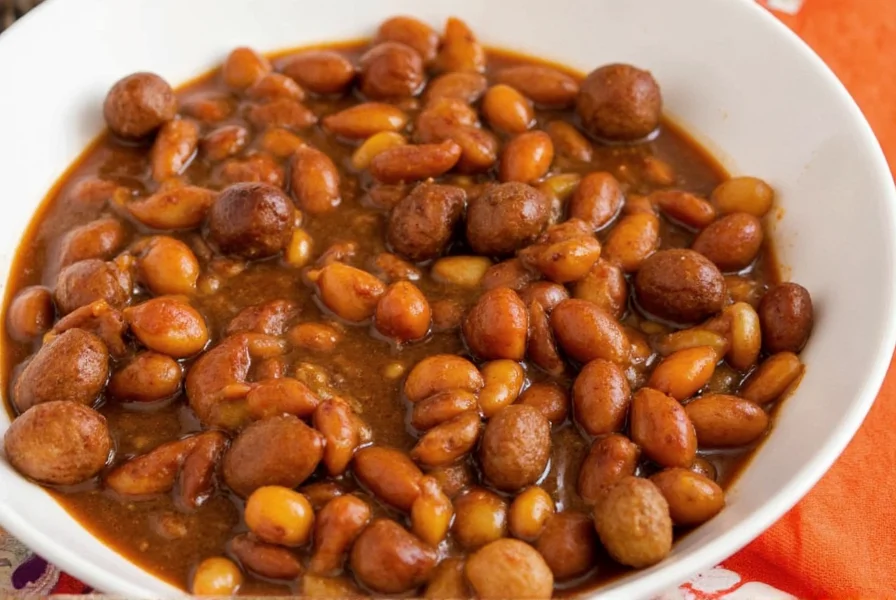
If chipotles bring the drama, adobo sauce is the supporting cast that steals the show. Traditionally, adobo refers to both a marinade and a sauce made from vinegar, garlic, herbs like oregano, and spices such as cumin and cloves. In the case of chipotle in adobo sauce, it’s a tangy, slightly sweet tomato-based sauce that softens the heat while amplifying the smoky notes.
It acts as a preservation medium, soaking up the smoky essence of the chipotles over time. That’s why every spoonful tastes richer the longer it sits — magic in a jar!
Key Ingredients in Adobo Sauce
- Tomatoes (fresh or pureed)
- Vinegar (apple cider or white)
- Garlic
- Dried oregano (Mexican preferred)
- Cumin
- Salt
- Brown sugar or molasses (for sweetness and depth)
How to Make Chipotle in Adobo at Home
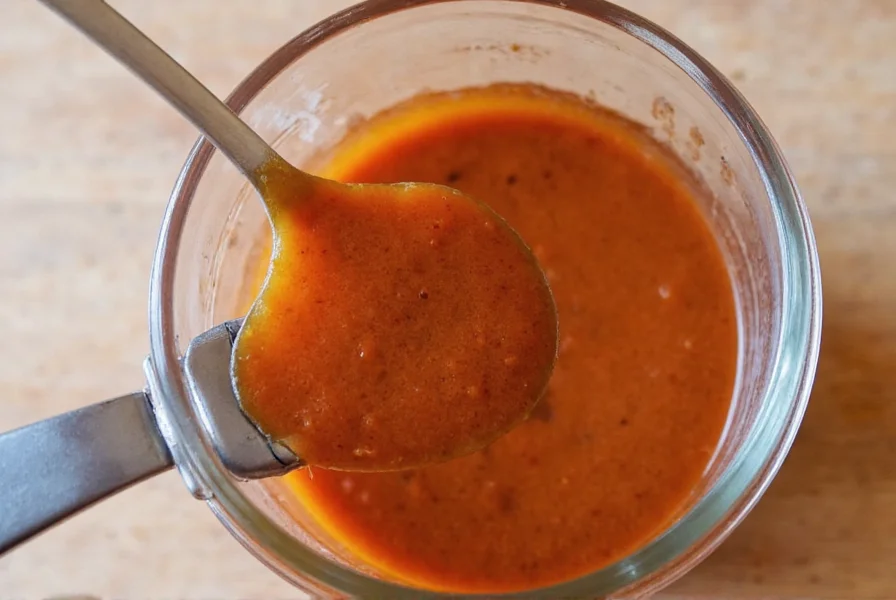
Ready to whip up your own batch? Here’s a foolproof chipotle in adobo sauce recipe that rivals the store-bought stuff — and tastes better because you made it yourself.
Ingredients
- 8–10 dried chipotle morita peppers
- 2 cups water (or broth for extra depth)
- 2 garlic cloves, peeled
- 1 tbsp apple cider vinegar
- 1 tsp dried Mexican oregano
- 1 tsp ground cumin
- 1/2 tsp salt
- 1 tbsp brown sugar or molasses
Instructions
- Rinse the chipotles under warm water to remove dust.
- Place them in a pot with water and simmer for 20–30 minutes until soft.
- Add garlic, vinegar, oregano, cumin, salt, and sugar to the pot.
- Transfer mixture to a blender and blend until smooth.
- Pour the sauce into a jar and let cool before refrigerating.
Pro Tips & Common Mistakes to Avoid
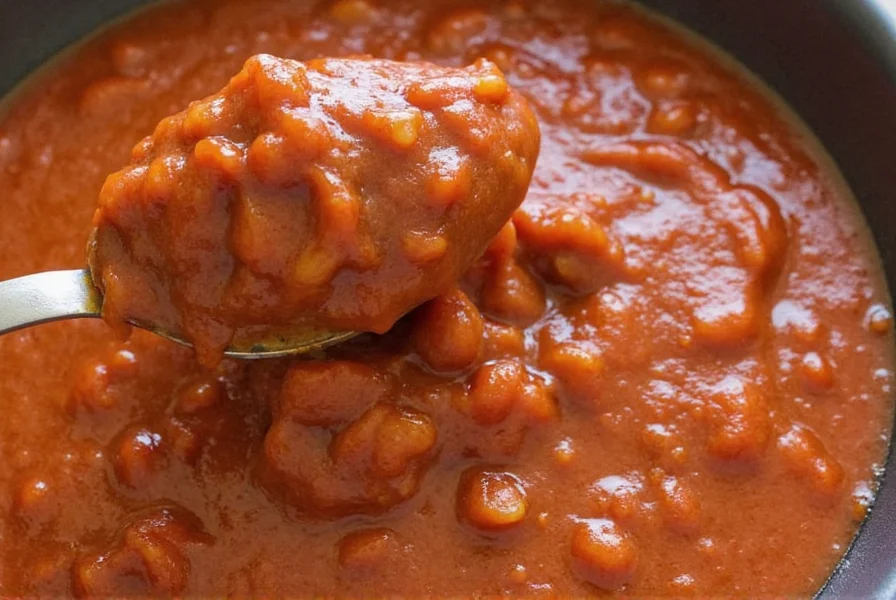
- Don't skip the simmering step: It rehydrates the chilies and unlocks flavor.
- Use gloves when handling chilies: Their oils can irritate skin and eyes.
- Blend carefully: Add liquid gradually to avoid splattering.
- Taste before using: Adjust salt, vinegar, or sugar to balance flavors.
- Don't use too many chilies: Start with fewer and add more if desired.
Creative Ways to Use Chipotle in Adobo Sauce
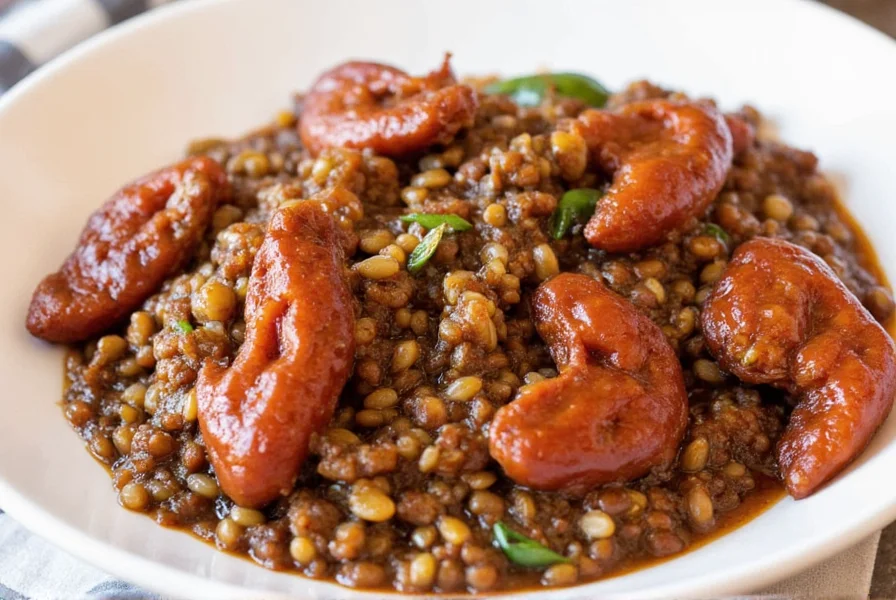
Now that you’ve got a killer batch, don’t just stick to tacos. Let your inner chef go wild with these ideas:
- Drizzle over grilled chicken or salmon
- Mix into mayo or sour cream for a quick dip
- Stir into soups or stews for an instant flavor boost
- Swirl into scrambled eggs or avocado toast
- Make a spicy glaze for roasted vegetables
- Create a smoky BBQ sauce base
Buying Guide: What to Look for When Buying Store-Bought
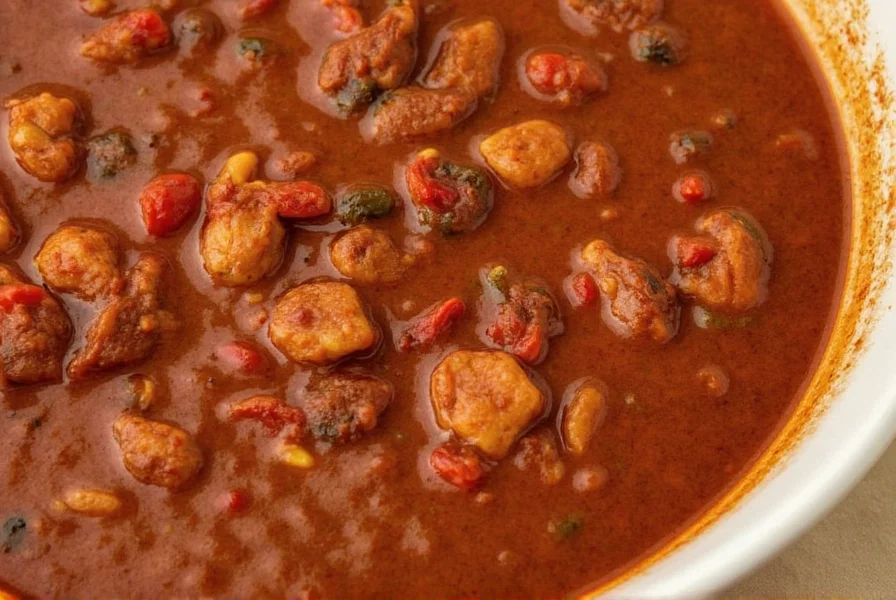
If you’re not feeling the DIY route, here’s what to look for when choosing the best chipotle in adobo sauce off the shelf:
Top Picks
| Brand | Features | Best For |
|---|---|---|
| La Costeña | Authentic flavor, chunky texture, balanced spice | Classic recipes needing bold flavor |
| Goya | Mild heat, smooth texture, affordable | Beginners or family-friendly meals |
| Hatch Green Chile Co. | Uses American-grown chilies, artisanal quality | Foodies who value sourcing and uniqueness |
What to Watch Out For
- Artificial preservatives: Look for minimal ingredients.
- Too much salt: Ideal ratio should be smoky, not salty.
- Overly processed texture: Some lose that rustic vibe.
Storage and Shelf Life
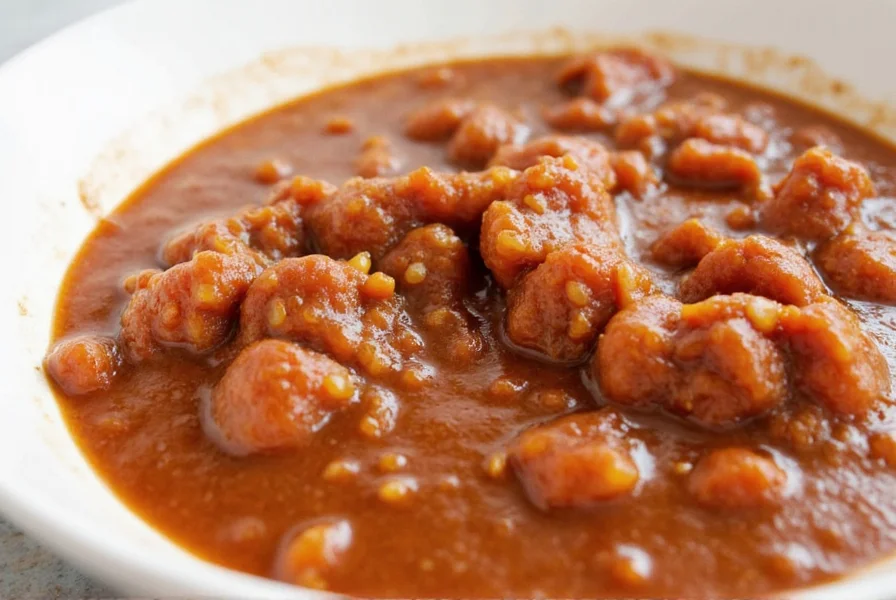
Your homemade chipotle in adobo sauce can last in the fridge for up to 3 weeks. For longer life, pour into ice cube trays and freeze for up to 6 months. Store-bought versions usually last 6–9 months unopened, and 2–3 weeks once opened (refrigerated).
Understanding Spice Levels: Mild vs. Fiery
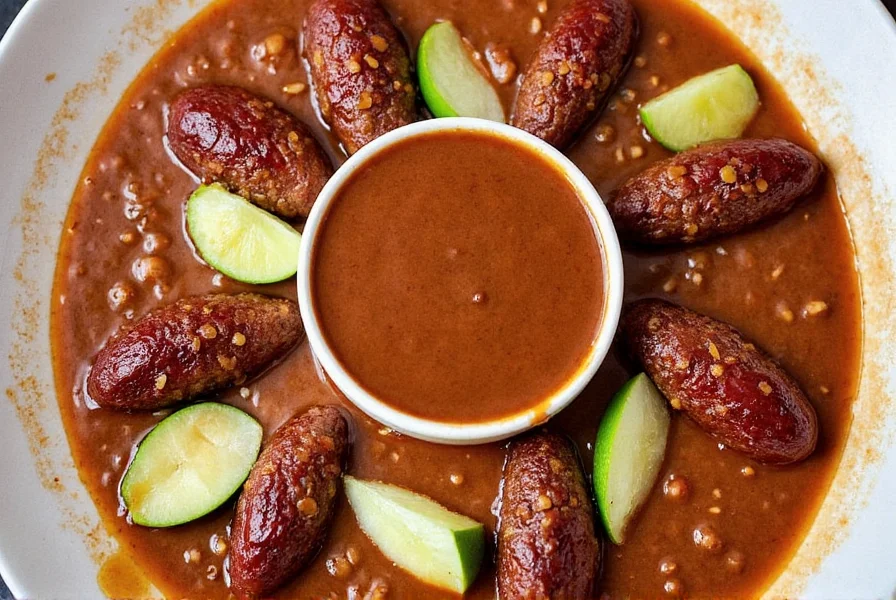
Chipotles vary in heat, but most fall between 2,500–10,000 Scoville units. Want a milder version? Remove seeds before blending. For serious fire, leave them in — and maybe have some dairy nearby.
Flavor Profiles: Smoke, Tang, and Sweetness

A good chipotle in adobo sauce balances three key elements:
- Smoke: From the drying process
- Tang: Brought by vinegar and tomatoes
- Sweetness: Added via molasses, brown sugar, or natural tomato sugars
Play with ratios to create your perfect blend!
Cultural Roots: A Taste of Mexican Tradition
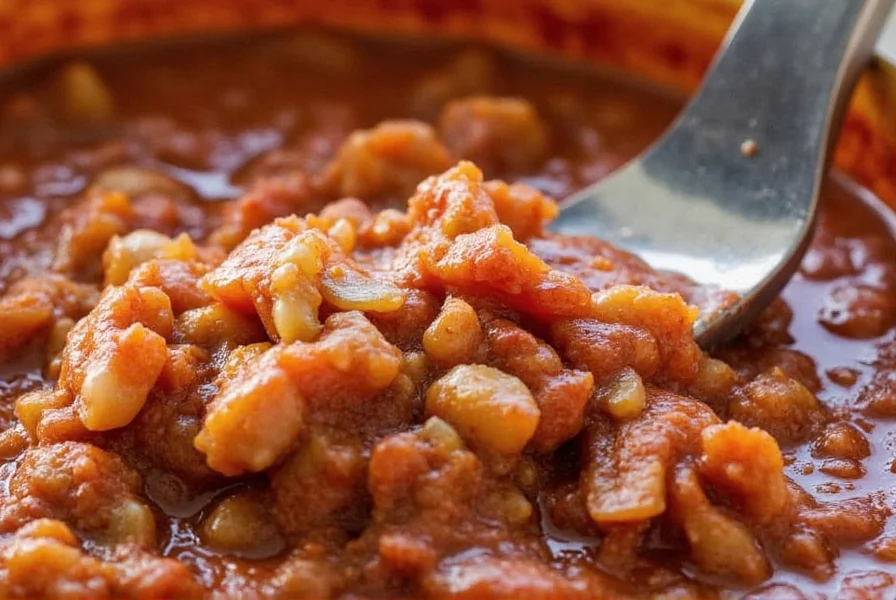
Long before chipotle in adobo sauce hit gourmet burgers and celebrity kitchens, it was a staple in Oaxacan and Poblano cuisine. Traditionally used in marinades, moles, and salsas, this smoky powerhouse reflects centuries of indigenous culinary wisdom passed down through generations.
Today, it represents not just flavor but cultural pride — a small jar of history that continues to inspire chefs around the globe.
Conclusion

Whether you’re a seasoned chef or a weekend warrior in the kitchen, mastering chipotle in adobo sauce opens up a world of bold flavors and endless creativity. With this easy chipotle in adobo sauce recipe, you’ll never look at that little can the same way again. So fire up the stove, grab those gloves, and get ready to unleash some serious smoke and spice into your next meal.
Got a favorite chipotle hack or dish? Share it in the comments below — let’s keep the flavor conversation going!

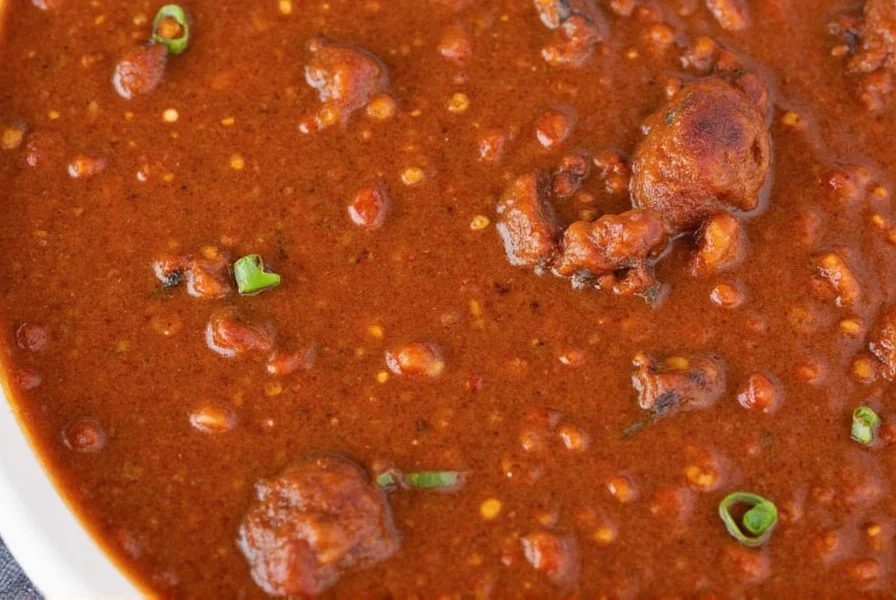









 浙公网安备
33010002000092号
浙公网安备
33010002000092号 浙B2-20120091-4
浙B2-20120091-4